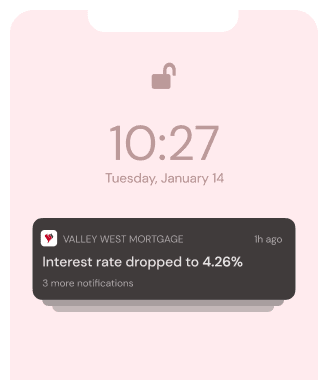Finances, Finances, Finances
3 Financial Problems We All Face
Handling money is a challenge for everyone. Whether we admit it or not, making money and saving it is a hard thing to do. Most Americans live the paycheck to paycheck cycle, only having enough money to last them until they get paid again. In this article, we’ll recognize a few of the most common money mistakes that we all make and how to prevent them.
Living the Check to Check Cycle
Living check to check means that you can only afford to pay the bills that you have. In other words, you have no flex room to do anything else. Having overflow money is important, especially for people whose money is depleted once all of their bills are paid. One way to get out of the check to check cycle is by cutting out unnecessary expenses. What bills are you paying that you don’t have to pay? Maybe you pay for a streaming service like Netflix or Hulu or maybe you have a sweet tooth and you add a lot of extra sweets to your grocery basket. You’ve got to develop a method to saving your overflow, and if you don’t have any overflow to save, you’ve got to cut some bills out.
Biting off More than We Can Chew
The result of taking on too many bills is being overwhelmed with debt. Most people handle this by paying off expenses with credit cards because they don’t have enough cash to afford it. What most do not realize is that by using credit cards to pay for things you can’t afford, you’re only building up your debt. If you couldn’t afford to pay the cost of what you wanted in the first place, chances are you won’t be able to pay it off once it’s on a credit card. The trouble with credit cards is that we keep building and building the debt, while only making minimum payments. To combat over spending, set a budget for yourself. Come up with a realistic budget, placing your net salary at the top and your bills for the month underneath. Do the math and see how much money you have left over after paying JUST BILLS. The remainder of your money should be split, half to go towards savings, and half to go towards checking. A good practice that I’ve put into play is this- If you can’t buy it three times, you can’t afford it. Apartments sort of use this method when renting to tenants, hence the reason they require your salary to be 3 times the rent. Another rule of thumb is that if you can’t buy it in cash, don’t buy it. This is a great practice to use if you’re trying to wean yourself off of your dependency on credit cards.
Not Thinking of the Future
We’ve all been there, we’re driving along the road listening to our favorite rap song when all of a sudden you see your tire pressure light come one. In most cases, we just need a little air, but some of us have pulled over and found that we need a new tire completely. So you live check to check and there’s no money in your bank account and you’ve bitten off more than you can chew in expenses and your credit cards are maxed out. What now? Should you take on more debt and go to your nearest pay day loan facility? Should you shame yourself and ask your parents for money…again? We put ourselves in tight spots like that when we don’t plan for the future. It’s hard to plan for things that you don’t know are coming, but that’s exactly why it behooves us to plan ahead. We all need an emergency fund, a little nest egg that is specifically on reserve for hard times. It seems trivial sometimes to put away money and never touch it, and hopefully you’ll never have too, but your future self that’s in a jam will LOVE you for it. It’s the same concept as insurance, except it’s not in bill form. Think about it: you pay your car insurance bill every month with the hope that you never actually need it. But if you do need it, you’re definitely happy that you have it. Well, you should pay yourself a little “insurance” money every month and put it in an emergency account. That way (though we only wish luck and prosperity for you), if you ever need to get yourself out of jam, you can.
Adulting (my verb for being an adult) isn’t always easy and it’s surely not always fun. At times we have to sacrifice buying those new shoes or going out to paint the town for the weekend. If we want to be in good financial standing, budgeting is key. Plan out the bills that must be paid, cut out the bills that you don’t need and always save up for a rainy day, because as the saying goes “When it rains, it pours!”. Paying your bills and paying yourself is important and almost mandatory for keeping your head above the financial waters. Stay afloat ladies and gentlemen!
When doing your research always be sure to consult great sources. Check out the sources for this article below!
https://www.thebalance.com/dealing-with-financial-stress-2385957
https://www.thebalance.com/steps-to-start-thriving-financially-2385531
https://www.thebalance.com/six-bad-money-mindsets-you-need-to-break-454030
WHITNEY RUSH, VALLEY WEST MORTGAGE


